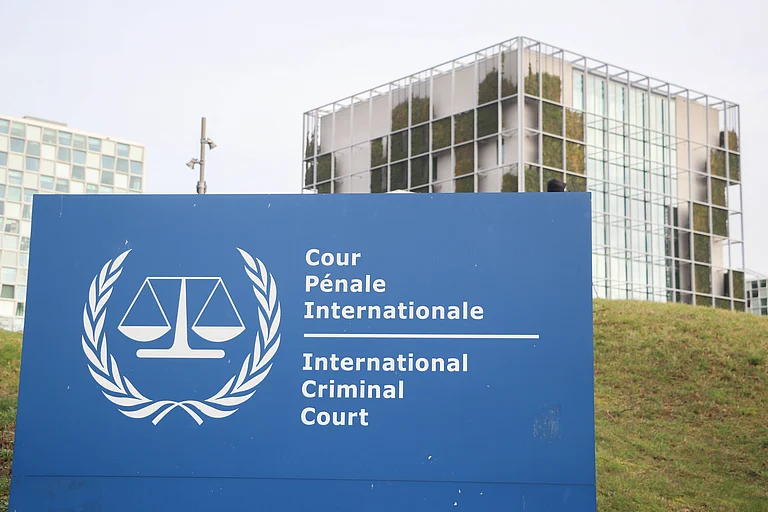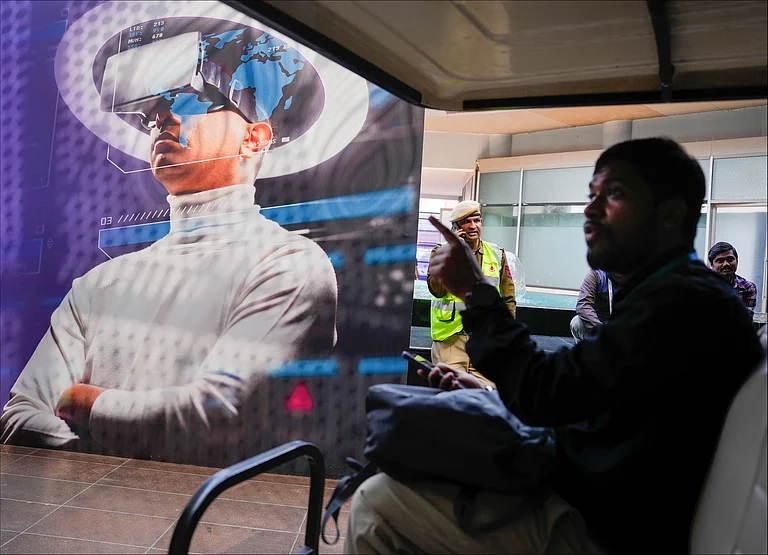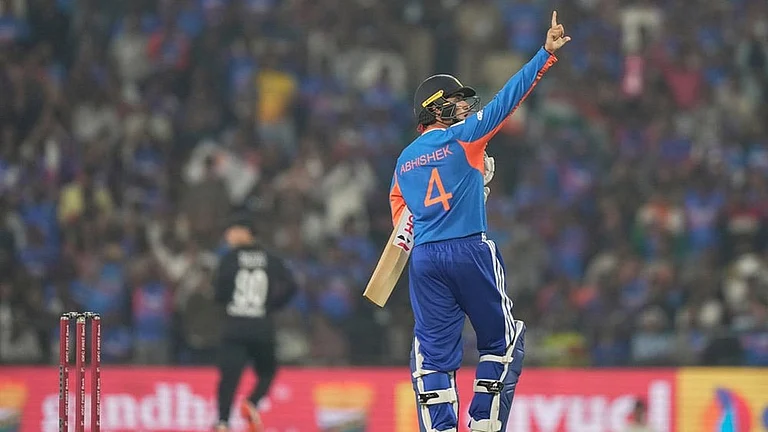The Supreme Court of India, on September 4, 2024, raised questions about states’ growing practice of demolishing the homes of people accused in criminal cases. Calling out what is now known as 'bulldozer justice' in common parlance, the apex court said such actions by state governments were unlawful.
“How can anybody’s house be demolished only because he is an accused? Even if he is a convict, it can’t be done without following the procedure as prescribed by law,” said Justice B R Gavai, sitting alongside Justice K V Viswanathan. The division bench of India’s apex court was hearing a petition against the Jahangirpuri demolition drive in Delhi after the 2022 riots.
Justice Viswanathan said that the uniform guidelines which SC planned to establish would aim to standardise the process for identifying unauthorised structures. The guidelines would include procedures for notifying the requisite individuals, allowing them time to get a fair hearing and take appropriate action.
However, the Supreme Court clarified that its intention was not to protect unauthorised constructions. Justice Gavai emphasised that the Court would not shield illegal structures, including those encroaching on public roads, even if they were temples.
Solicitor General of India (SG) Tushar Mehta argued that municipal laws permit the demolition of illegal structures and denied that the demolitions carried out by the Uttar Pradesh government were targeted or retributive.
Mehta said that the demolitions had been conducted following legal procedures and only in response to violations of municipal laws. The SG explained that in the cases mentioned, notices were issued for violations of building codes, and demolitions occurred after these notices were ignored. Despite these arguments, the bench expressed concerns that the law had not been consistently followed.
Senior Advocate Dushyant Dave, representing Jamiat Ulema-i-Hind, highlighted cases where houses were demolished without proper procedure. The Court has asked the parties to submit draft proposals for guidelines and scheduled the next hearing in two weeks.
The case being heard in the Supreme Court concerned the demolitions in Jahangirpuri that followed riots on April 17, 2023, during a Hanuman Jayanti procession. The violence which erupted between Hindus and Muslims led to arrests of at least 20, with five booked under the National Security Act. On April 20, the North Delhi Municipal Corporation, under BJP leader Raja Iqbal Singh, initiated demolitions of structures deemed illegal owned by the accused, many of which were Muslim-owned. These demolitions continued until a Supreme Court order intervened.
For a deeper understanding of the legal and social issues around bulldozer justice, read Outlook's reportage and commentary on the issue: Click Here.






















